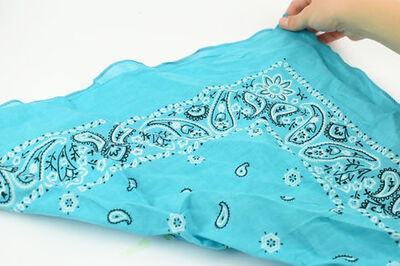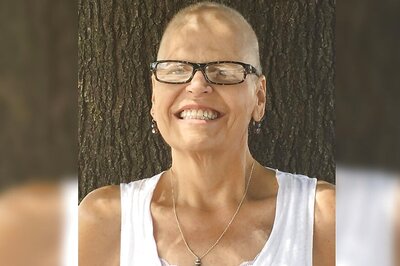
views
New Delhi: A judge is expected to be completely objective and weigh the facts of the case, and only the facts, for the judgment, but a survey of former Supreme Court judges has revealed the extent to which personal opinions and beliefs shape the rulings, even when it is a matter of life and death.
The report, “Matters of Judgment”, by the Centre for Death Penalty, National Law University of Delhi, shows the background of judge, including their religion, were factors that influenced the choice between death penalty and life imprisonment and delves into the various grounds on which capital punishment is handed out.
A total of 60 former Supreme Court judges were interviewed, including Justices Arijit Pasayat, Ashok Bhan, BN Srikrishna, Jeevan Reddy, MN Venkatachaliah, Swatanter Kumar, Ruma Pal and also late Justice AS Anand.
According to the report, more than half of the judges believed the background of a judge influenced rulings in death row cases. “There appeared to be no ‘bright line’ which distinguished judicial sentencing discretion swiftly slipping into individual judge-centric decisions,” it said.
One of the primary basis for granting death sentence is the analysis of the rarest of rare case doctrine, first used in the Bachan Singh case. But understanding of rarest of rare among former judges was “determined/dominated by consideration of brutality of the crime,” the report said.
The judges also paid little attention to “the judicial test requiring that the alternative of life imprisonment be ‘unquestionably foreclosed’.” During the interviews, “only 13 former judges explicitly articulated their understanding of the ‘rarest of rare’ doctrine”.
Another contentious part of death penalty is the reasoning of satisfying collective conscience, which was a subject of debate post the Afzal Guru verdict. “The gravity of the crime… is something which cannot be described in words. The incident, which resulted in heavy casualties, had shaken the entire nation and the collective conscience of the society will only be satisfied if the capital punishment is awarded to the offender,” the apex court had said at the time.
However, now in this report, the “demands of ‘collective conscience’ was seen to be a relevant aggravating factor by 11 judges.” Death sentences for 41 convicts were confirmed by these 11 judges in cases where collective conscience was invoked whilst confirming death sentences.
The report also stated that more than half the judges knew about the use of torture in our criminal justice system.
“Of the 39 former judges who discussed the prevalence of torture in the Indian criminal justice system, 38 believed it to be rampant. Only one former Chief Justice was of the opinion that torture does not happen,” said the report.
A few judges were also of the opinion that torture could be justified. “Five out of 12 former judges justified torture saying that police resorted to torture because investigating agencies work under strenuous conditions without adequate time and independence to investigate cases,” it added.
The judges’ opinion report also touched upon the section that makes admissions in police custody admissible if “it pertained only to facts”. The judges knew that it was often “abused.”
“Out of 58 judges, 38 were of the view that investigating agencies abused this provision. When asked about the reliability of recovery evidence under Section 27, a judge who had decided nearly 100 murder cases over his 23 year judicial career in appellate courts, said “but now I don’t know…. if there are any genuine cases any longer under that exception’,” the report highlighted.
The former SC judges acknowledged the existence of wrongful convictions. “Of the 49 judges asked about it, 43 acknowledged the existence of wrongful convictions within our criminal justice system, whilst the remaining six judges denied the possibility,” the report said.



















Comments
0 comment